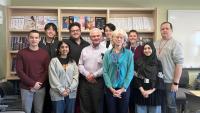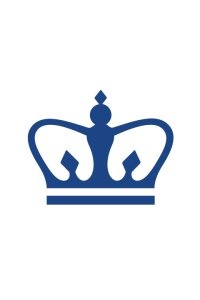Nowak Lab

Principal Investigator
The greatest obstacles to further progress in the field of organ transplantation are:
- The shortage of available organs
- The side effects related to the usage of immunosuppressive drugs to maintain the survival of transplanted grafts.
Both of these obstacles may be overcome through a tolerance approach to xenotransplantation, which is under investigation in the Nowak laboratory.
Xenotransplantation, which is transplantation across species, in this case, from pig to primates, may offer an almost limitless supply of solid organs for patients with end-stage organ failure. Tolerance induction will minimize or maybe even eliminate the long term need for immunosuppressive drugs, which will have a direct effect on graft and patient survival after transplantation. In the Nowak Lab, we focus on tolerance induction by manipulating the recipient’s immune system through the transplantation of donor bone marrow (CD34+) cells to induce mixed hematopoietic chimerism, through which T, B, and NK cell tolerance can be achieved. We also study co-transplantation of the donor thymus along with the solid organ to achieve robust T-cell tolerance. In both approaches, the complementary strategy of utilizing genetically modified pigs, with knockouts and/or transgenic modifications to achieve acceptance of xeno organs by humans is employed. We are studying genetic modifications both to make the pig organs less immunogenic to the primate’s immune system and to facilitate acceptance of swine bone-marrow. In Nowak’s Lab we also address questions of metabolic compatibility in xenotransplantation, organ preservation, and continuous improvement of surgical techniques.
Lab Members
Lab Members
Alexander Cadelina
- Veterinary Technician
Kyosuke Chinuki
- Visiting Research Student
Sho Fujiwara, MD, PhD, MPH
- Associate Research Scientist
M Esad Gunes, MD
- Associate Research Scientist
Mahak Masoodi
- Technician
Susan Qudus
- Technician B
